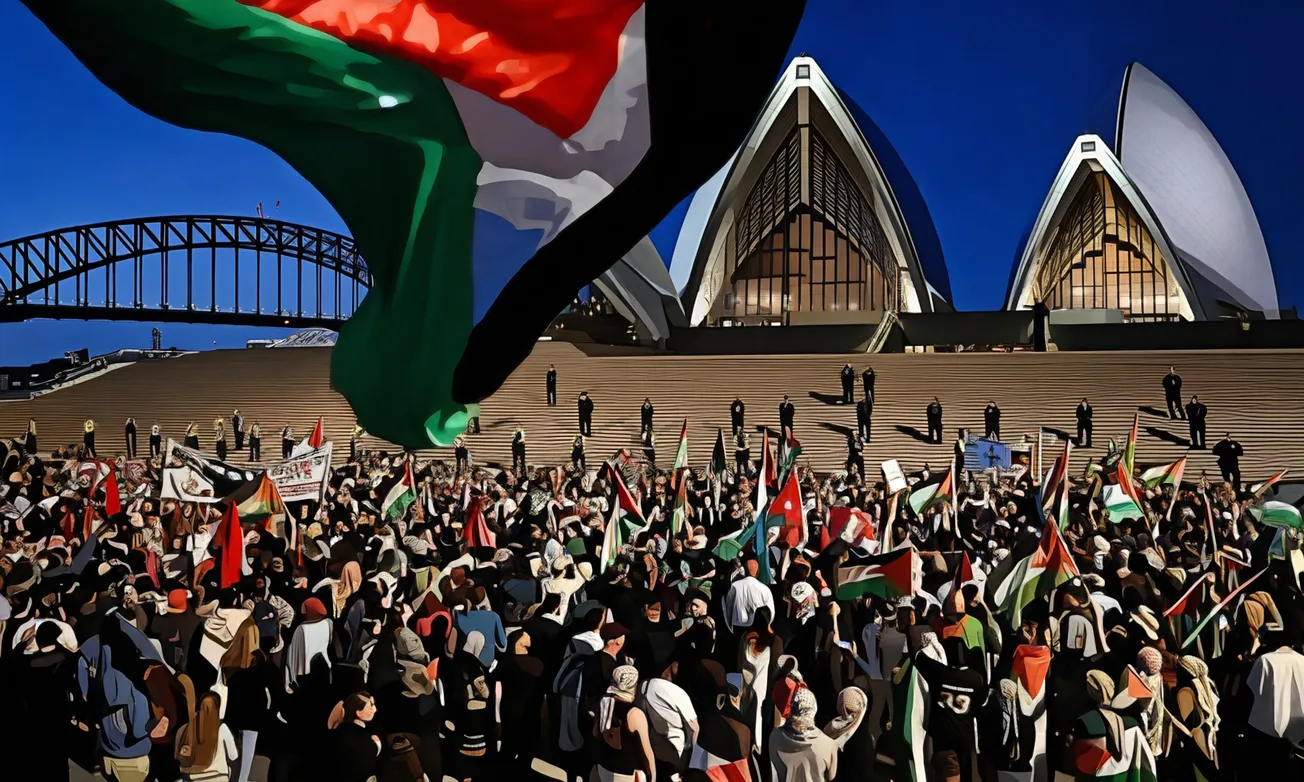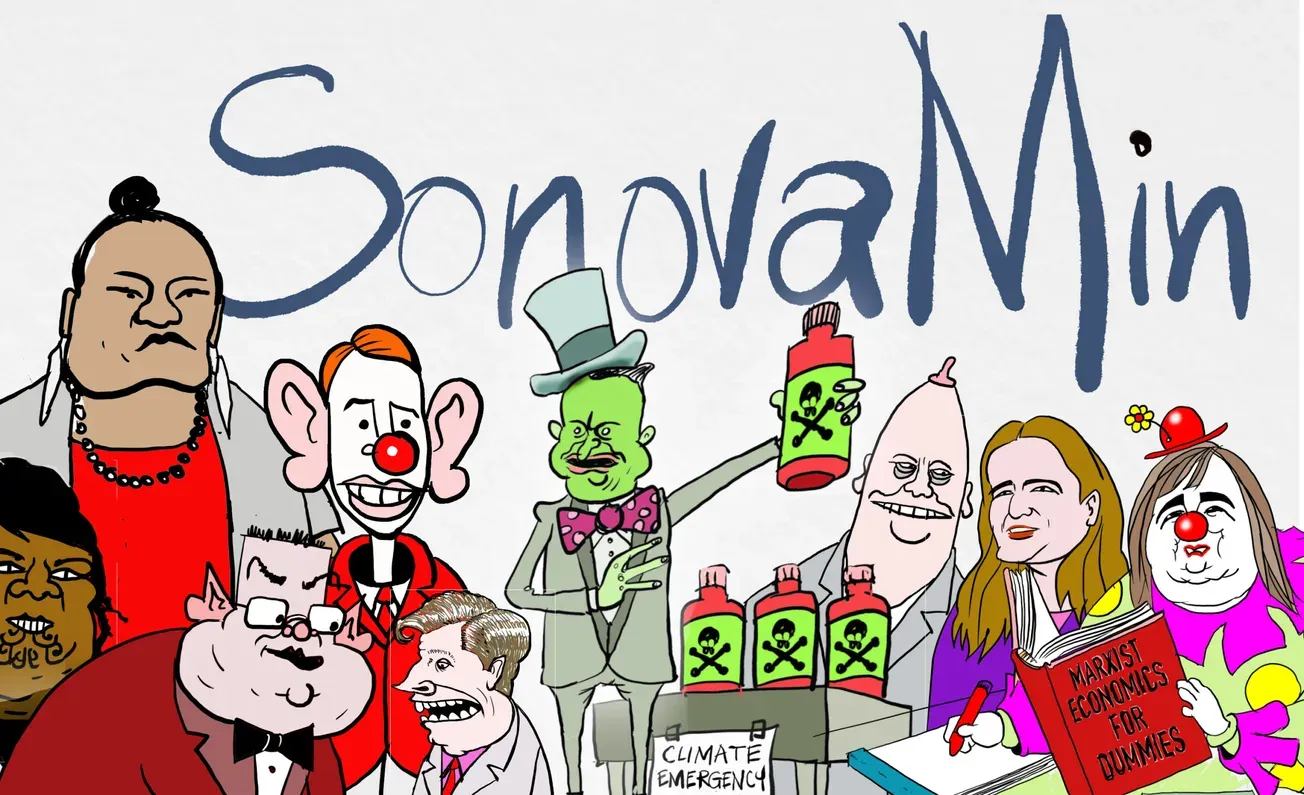Table of Contents
On the weekend both National MP Judith Collins and Green MP Chloe Swarbrick had opinion pieces published by Stuff. Both opinion pieces had the theme of change.
I thought it would be interesting to compare and contrast their views on our lockdown since they are so very different.
One writer is a very experienced electorate MP and the other is a very young list MP. One is pragmatic while the other is idealistic. One is a centrist, the other a socialist. One is outcome-driven, the other is ideology-driven. So how did their views compare?
Judith pointed out some cold, hard facts.
[…] he could have said, we are going into a period of financial meltdown, where, as a trading nation, some markets will dissolve. All the relationship building between nations and trading partners will be for nought if we cannot trade.
[…] A committee decided what are essential services and products and, surprisingly, butchers are not – unless they work in a nationwide chain of supermarkets. Top quality food to feed families has been consigned to the rubbish tip because it wasn’t deemed essential by the committee.
Chloe talked about the “collective” and used the word “we” repeatedly.
[…] We rely on each other. We always have.
One day, we will have navigated our way across this new landscape […] We will have done it by supporting our neighbours, practicing physical distancing […] That day, we will have left nobody behind. Even if we had wanted to be so callous or careless as to do so, we would be setting sail to a safer horizon with umpteen holes in the boat. We would doom ourselves to sink, to lose, and to start all over again. The risk to all of our health is collective. We are only as safe as the most vulnerable and marginalised.
When we, together, have removed the immediate threat to our lives and our health, things will not look or feel like they did before. And all of us will be changed, too.
We will know that kindness is not performance nor a veneer. It is the necessary glue of communities, compromise and collaboration. It is the oxygen that keeps relationships healthy.
We will know what it is like to live in the confines of circumstances drawn by powers outside of our control. We will feel deep empathy for New Zealanders pushed to the margins by poverty and problems beyond our surface-level comprehension. We will reflect on the deep trauma and pain known intimately to those fleeing war-torn countries from persecution and violence, and remember we fought over toilet paper.
Judith talked about what we will need to do as individuals to help our economy when lockdown ends.
Things have moved quickly. Businesses are failing. Exporters are asking themselves how long will it take to resurrect their markets and is it worth it? Directors are concerned that they are trading insolvent companies, in contravention of the Law. Tourism, hospitality, and tertiary education are seriously damaged. We are trebly grateful to our primary producers especially if their markets in China hold up.
As a nation, we will be changed. The economy will have changed. We will be changed socially, politically and constitutionally.
We will decide to end social isolation and take to the cafes (those that have survived) with gusto. It will be our duty to support what is left of the economy and keep people employed. We will rush to businesses that the COVID-19 Czars deemed non-essential and hope we have the cash to spend and hope they survived.
Chloe talks about how the lockdown is teaching us that the collective is better than the individual and that it is the collective not the selfish individual that will save the day. She also waxes lyrical about nature. COVID-19 is used as a stepping stone for a Green revolution! Damn the GDP she wants “collaboration and care”!
We will know that things we had once been told were politically impossible, like housing the homeless and flexibility of working arrangements for the disabled and those with children, were simply a matter of priority. We will understand that it is only through our shared effort in jobs across this country that all of our welfare increases, and that our historical wages for carers, nurses, teachers, fruit-pickers and posties have not reflected their critical role in uplifting the rest of us.
We will respect the pace of nature, as we found solidarity in trodding [sic] along the footsteps of those who walked our parks and trails moments before we arrived. We will hear reprieve in the amplified birdsong of undisrupted native fauna and witness the unfurling of uninhibited flora. We will breathe, and find peace in belonging, not belongings.
When we reach our destination, some who used to enjoy their perch at the top of an old-world pyramid will begin to feel nostalgic. They will tell us, when we’ve worked in sync, in homes and bubbles across Aotearoa New Zealand to cast off COVID-19, that we’ve got to pick up shovels and rebuild the society that placed us in unkind, unsustainable, unequal hierarchies. They will tell us that we are not all in this together, and that this is a matter of survival of the fittest. They will ask us to snap out of it, and to get back to competing against each other. Collaboration and care might be good for your wellbeing, they will mutter, but it doesn’t show up in GDP.
Judith expresses her view that our COVID-19 experience will result in New Zealanders caring more for nationalism than globalism although she doesn’t use those terms. She says, “We will be more about New Zealand and less about the World.” She points out the evils currently happening under lockdown.
We will regret the ‘dob-in’ culture currently being encouraged. We will have lost some respect for the Rule of Law when we see ‘the law’ being made up on the hoof. We will ask ourselves, why did we not question the government more in the early days of COVID-19 and then remember that to have done so would have opened ourselves up to condemnation for being either alarmist or, even worse, uncaring.
We will look again at Australia and wonder how their government managed to give every business and sole trader a wage subsidy of A$1500 per fortnight of each staff member and we will regret that our government thought that NZ$585 a week would be sufficient to keep us working when the JobSeeker (“the Dole”) already pays up to $428 a week for not working.
We will note the Aussies called theirs a JobKeeper payment. We will spot the difference. We will wonder how the Australians managed payments of up to A$100,000 to every business and NGO that employs people to pay their rent and other costs.
We will wonder why the government that talked so much about housing development decided to add climate change into RMA decisions by local Councils and we will wonder how that could happen without adequate public consultation. We will be ready to embrace infrastructure on a scale not seen since the “Think Big” days.
And when anyone mentions Greta, we will ask, “Who?”
Chloe finishes her piece by referring to business owners as “These people” and by using a straw man argument.
These people will ache for the world they knew, and the rules they influenced which aided their race to the finish line and threw barriers in others’ way. They will ask us to reapply blinkers, because as Margaret Thatcher said, “There is no such thing as society.”
They will ask working people to shoulder what they say is the cost of the rebuild. It’s the only way, they will say.
And we will know they are lying. We will have already proven our potential. We will know we’re better than that.
If you enjoyed this BFD article please consider sharing it with your friends.









